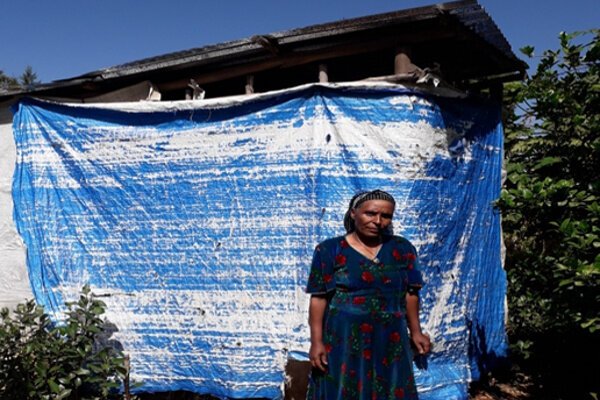Dealing with Diarrhoea in Goro Woreda, Ethiopia
Diarrhoea contributes to high numbers of infant deaths and illness in pregnant mothers that can cause complications, despite there being known, proven prevention measures.
The women’s health groups identified the following solutions to reduce infections: Improving personal and environmental sanitation through building toilets Groups identified the need for households to have toilets, preventing open defecation.
Individual households had started to dig their own pit latrines. However, in order to support communities, additional action from the Woreda Health Office was needed to provide community members with expertise on water, sanitation and hygiene and how to construct their latrines.
Some communities developed communal pit latrines. Overall, there was a 5% increase in households with any type of latrine facility in the Woreda. In Wayu, through working together with community leaders and health officials they have been able to declare their kebele as Open Defecation Free.
Improving personal hygiene and feeding practices
Group members and leaders worked closely with health workers to develop awareness raising sessions to improve personal and household hygiene. Topics covered include keeping households free of waste, safe disposal, hand washing and food hygiene. The groups are also lobbying officials for clean, safe drinking water.
2. Increasing knowledge of treatment of diarrhoea
The groups shared simple household level remedies such as provision of oral rehydration salts, breastfeeding if possible, and keeping infants hydrated with safe drinking water. Awareness was also increased about the importance of taking children to health facilities for severe cases.
One mother said, “Before the community used traditional methods to treat diarrhoea. Now children are given medicines.” Another added, “We just saw this as normal but now we know the danger signs and take the children to the clinic for care.” This ongoing work will help save lives, enabling more women and children in the Goro Woreda to survive and thrive.

